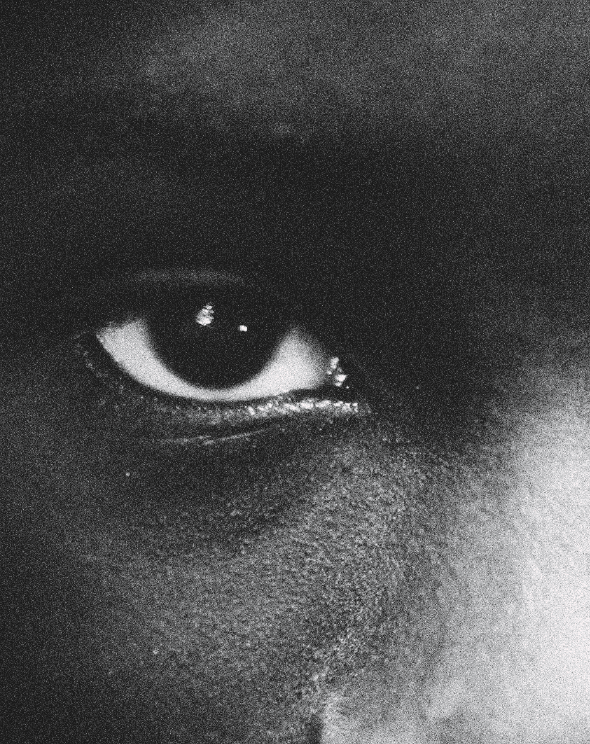Within the past few weeks, there’s been an awakening in the United States—a real reckoning around racial inequality and injustice. The brutal killing of George Floyd sparked outrage, giving rise to protests, riots, and activism in all 50 states and in countries across the globe calling for substantive change.
Demanding change, particularly for criminal justice, has traditionally been controversial. You may have recently seen protest signs, hashtags or headlines that proclaim, “Defund the police.” The phrase is ruffling the feathers of law enforcement, unions, elected officials, political candidates and the public. While some view it as an unreasonable request, we took a step back to listen, understand and unpack what it means and how it is but one key element of a broader dialogue related to police brutality in this country.
While “Defund the police” isn’t the whole story, it is a powerful call to garner the attention of the intended audiences—law enforcement, unions, elected officials, political candidates and the public. If the phrase is stoking conversation, then it is effective on some level. But once the storm of controversy passes, there will be a need for clarity about how we as a society can move forward to activate change.
In an Ipsos poll, many Americans support police reform, but not completely dismantling police departments.Two in five Americans who are familiar of the ‘defund the police’ movement support it (39%). Of those who are familiar with proposals to move some money currently going to police budgets into better officer training, local programs for homelessness, mental health assistance, and domestic violence, 76% support it. Half of Republicans (50%) who are familiar with the proposal support it, compared to 9 in 10 Democrats (93%). There is a fertile ground for compromise.
Overhauling systemic racial injustices that permeate our society requires consensus around common goals. It requires clear terms and phrasing that can be echoed—without misinterpretation. What makes the Black Lives Matter movement and its phrase such a formidable rallying cry, is because it continues to emphasize basic human rights and racial equality. It underscores that black and indigenous people of color’s (BIPOC) experiences and their feelings about their reality are real and valid.
In an effort to provide additional clarity around “Defund the police” movement, we as creative thinkers and simplifiers, applied our verbal and visual branding tools to elaborate on the language in an effort to help clarify the priorities of the “defund the police” phrase, and to further the vital conversation of criminal justice reform as an ultimate goal.
Divest + Invest
Petition cuts to local law enforcement budgets and invest those funds in in schools, health, social services, housing and other vital areas in which African American communities disproportionately experience inequity. This is how we better protect and fortify livable communities.

Dismantle + Restore
Better community and law enforcement relationships mean first dismantling damaging and harmful police tactics. We must reduce excessive police presence and stop militarizing the communities where Black people live. Law enforcement must rethink how it responds to challenging interactions with Black people. Trust, integrity and basic decency have to be restored from root to stem.

Reflect + Elect
Long-standing racial injustices cannot be swept under a rug. Racial inequality and police brutality won’t end if communities continue to elect leaders who are not held accountable for stances they take that inhibit meaningful and necessary reform. As a democratic country we must look to leaders in law enforcement, unions, elected officials, political candidates and the community to advocate on our behalf’s.
As every company, client and partner reexamines how they can reconcile and grow their Diversity & Inclusion efforts, we know and take to heart that it requires genuine fortitude and courage to speak up and continue taking collective action.

Nijel Taylor is Design Director on our New York team + Aaron Hall is Group Director of Naming on our San Francisco team.



